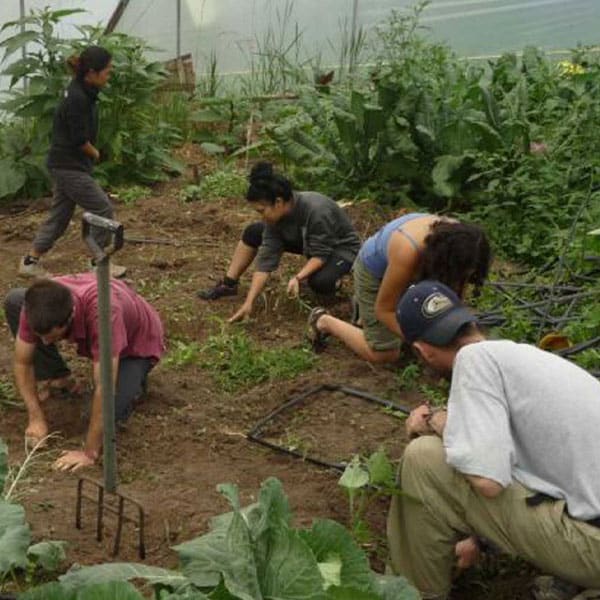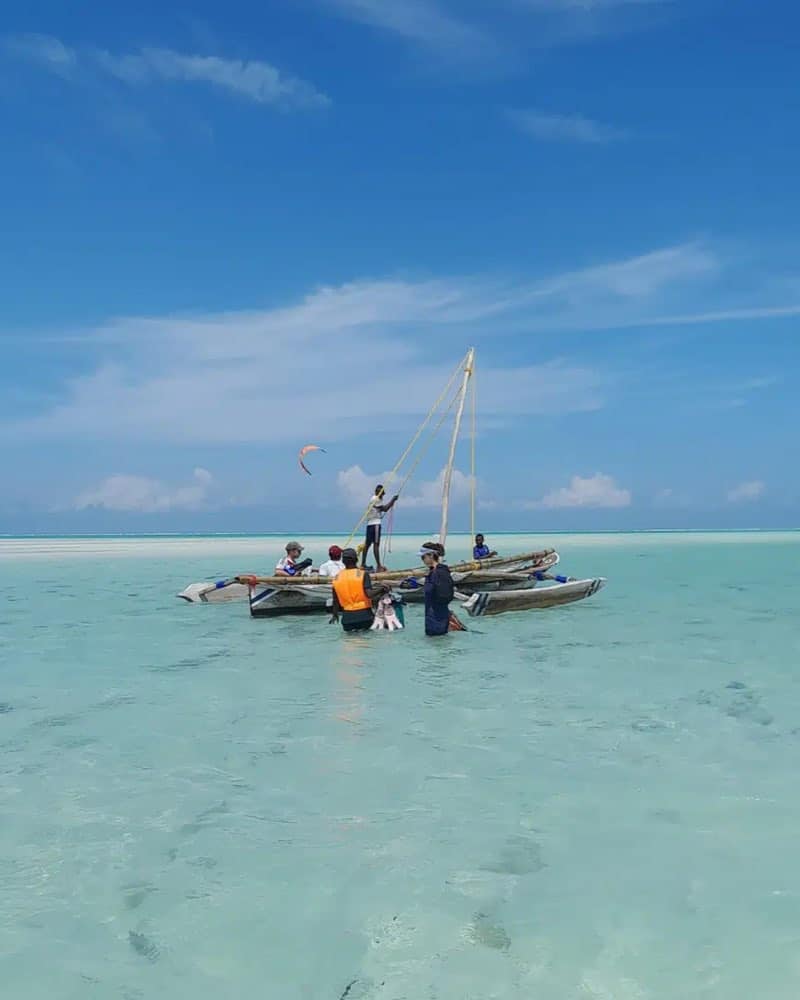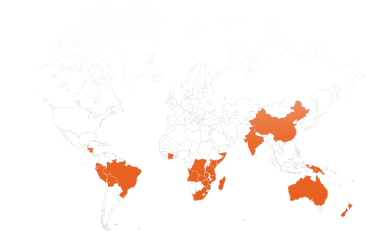Turing Scheme Plant Ecology Programme
Fully-funded programmes abroad in 2024
Welcome to Kaya’s Plant Ecology Abroad programme – as part of the UK government’s Turing Scheme.
This project has been established for the purpose of offering training for Vocational and Further Education students in the field of environmental Sciences and Land Management. This programme is based on the Turing Ecology Programme, which ran successfully in 2022 & 2023, adapted with added focus on land management, to enable more participant spaces, due to high interest in this area.
These Turing programs are ideal for students currently studying land-based programs in Further education and Vocational institutions across the UK.
The programme will offer a 2-week (16 days including travel) training schedule within a choice of these three projects focusing on different aspects of land management. Training will be delivered by professionals within these fields and utilise existing training programs that have been developed specifically for the purposes of training individuals interested in these areas.
Participants on this project will have the opportunity to further their classroom-based environmental sciences and land management education by living within a unique new environment as they learn about the theory and engage in practices within each of these niche areas.
These locations have been selected to be able to fulfill the following criteria;
- They are in an existing location where Kaya Responsible Travel operates and has ground operations in place that can support the hosting and logistic support of a visiting group of students
- The host training programs have previous experience in receiving young international visitors and so are already familiar with the commitment requirements for hosting such a visit.
- The cost of living can enable the delivery of a 2-week programme at a cost within the scope of the Turing grant offered to enable students to be offered placements at no additional cost, thus enabling the recruitment of a diverse group of students.
- The local cultures and environments are distinctly different from those that exist in Europe, and particularly the UK, and these experiences would not be available domestically as a result.
- These are locations of particular environmental interest that would be appealing to students studying in this field.

24 spaces will be available for each of these trips, with a late April departure (departure and return dates may vary by 4 days depending on flight schedules.)
1. Ecuador Permaculture – Ecuador
Location: Río Muchacho, Manabí Province.
This is an extraordinary adventure in the Coastal region of Ecuador, where two distinct ecosystems, the dry tropical forest, and the wet tropical forest, come together in a mesmerizing convergence. This captivating project unfolds at the heart of this ecological crossroads, offering students an immersive experience in permaculture on a vibrant organic farm. Nestled amid the diverse array of trees, plants, birds, animals, and insects from both forest types, this initiative aims to cultivate not only healthy food but also a sustainable lifestyle inspired by the principles of permaculture.
Discover the magic of permaculture as students actively engage in the farm’s daily life, gaining hands-on experience and invaluable insights into this harmonious approach to living with nature. From harnessing alternative energy sources to practicing recycling, composting, reforestation, and agroecology, participants will be equipped with the skills to create a self-sufficient and resilient farm. Amidst the breathtaking backdrop of the tropical forest, students will forge connections with friendly animals, savor the richness of organic cuisine, and acquire a holistic understanding of the environment.
The transformative journey includes accommodation at the farm, offering shared single-gender rooms and three delicious meals daily. Additionally, students will have leisure time to unwind at the nearby Pacific Ocean beach, whether reading a book, playing soccer on the sandy shores, or simply enjoying the coastal serenity. This immersive experience is a convergence of learning, enjoyment, and positive impact—an unparalleled opportunity for students to refine existing skills, acquire new ones, and make an enduring mark on the planet.

16 spaces will be available for each of these trips, with departures in February, April and August (exact dates to be confirmed)
(departure and return dates may vary by 4 days depending on flight schedules.)
2. Ecology and Conservation – Zanzibar
The program hosts a group of 16 students with 2 support adults, housed in a backpackers near the beach and provided 3 meals a day.
This program in Zanzibar means returning to the basics: salt, sand and soil. Students will learn the vital importance of mangroves to island life and how to re-plant and protect them. How to repurpose plastics found on beaches to make eco-structures for the community, and how indigenous plants and wildlife play an integral part in the ecology of this unique island – and be part of the movement to protect it.
As part of this training program, students will participate in fieldwork activities and educational workshops, to understand the intersections between botanical conservation, human development, and environmental stewardship. Students will learn about the principles of ecological and biodiversity restoration and environmental stewardship.
Students will be involved in a variety of activities and workshops, including:
- Coral Reef Conservation Training
- Community Village Education
- Plant Nursery planting
- Massai Culture Immersion
- Seaweed Farming Training
- Dolphin Conservation Training
At each location, students will be staying in group accommodation and participating in hands-on training within each working area. The aim of this programme is to provide students the opportunity to gain valuable work experience and practical skills, while learning about different cultures and environments to expand horizons and develop educated, compassionate global citizens.
All flights will depart from and return to the UK airport, and students will need to make their own arrangements for travel to and from home to the airport.
Covid Considerations
COVID vaccination and testing requirements will be dependent on each country. Face masks and social distancing could still be in place, dependent on local rules and laws. We will advise closer to departure.
Application criteria
The Turing scheme aims to offer this opportunity to a broad range of students and, while we are looking for students studying related subjects, application evaluation is not based on your grades! We are looking for enthusiastic pupils aged 16+ who have an interest in ecology, land management and the environment. The scheme is fully funded by the UK government, so there will be no cost incurred other than a £250 confirmation fee for successful applicants.
Relevant studies can include subjects related to: Ecology, Environmental Sciences, Geography, Agriculture, Animal Sciences, etc.
Application process
- Click the button below to access the application form – this application form will be the only requirement for consideration for this program
- If you are successful with your application, we strongly advise you look into visa requirements straight away.
- A board of administrators will evaluate all applications to select successful applicants on a rolling basis, so we encourage early application.
- Once successful candidates have been notified, a £250 confirmation fee will be required to confirm the placement (hardship grants will be offered to cover this cost where applicable)
- As part of this program, students will be expected to complete some pre-departure assignments, including online attendance at a pre-departure workshop.
- Flights from the UK Airport will be provided as part of the program, and students will be required to make their own way to the airport on departure, and home from the airport on our return.
If you change your mind about participating for any reason not covered by the insurance, we will do our best to identify an individual to take your place. If one is found, the non-transferable costs (such as the airline cost for changing the name of the traveller, or the new travel insurance policy) will need to be paid by you.If a replacement is not found, then the cost of the non-recoverable costs of the flights and the programme will become your responsibility and those costs will need to be paid by you, because the Turing scheme will not make payment for individuals who drop out of the programme before travelling. These costs could be £2500+ .
Please only pay the deposit if you intend to travel. Make sure that you are available for the dates of your programme and are committed to participating to avoid any extra costs.
Application deadline
For February departure, the application deadline is 31 October 2023
For April & August departure, the application deadline is 30 November 2023
